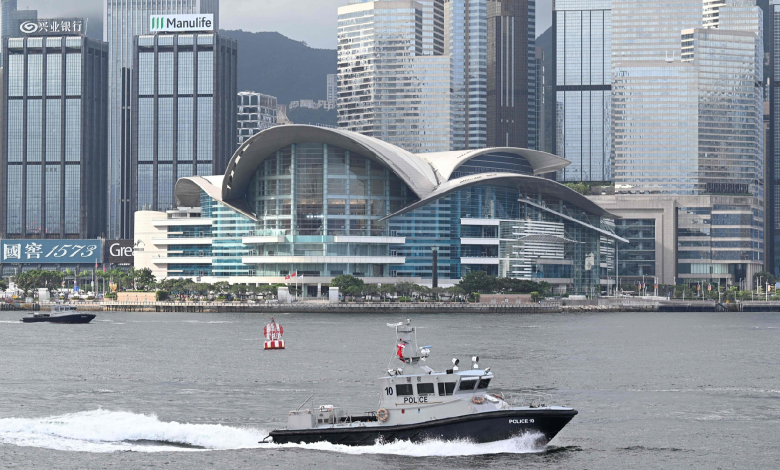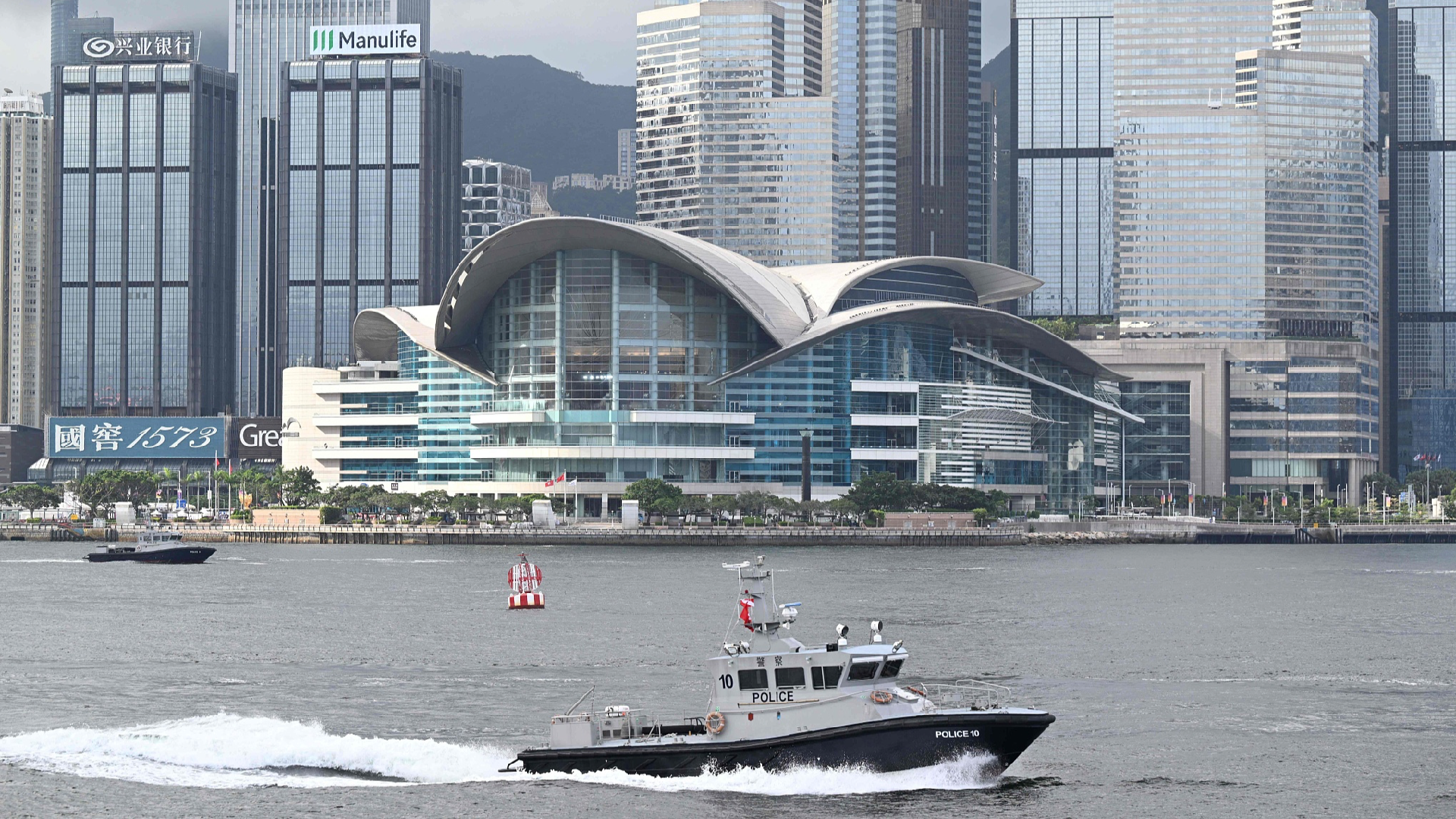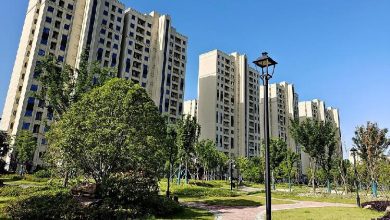Develop new institutions for a higher-standard open economy


Editor’s note: Jin Ruiting is a researcher from the National Development and Reform Commission. The article reflects the author’s opinions and not necessarily the views of CGTN. It has been translated from Chinese and edited for brevity and clarity.
<img src='https://news.cgtn.com/news/2024-07-21/-Develop-new-institutions-for-a-higher-standard-open-economy-1vpPAIC3KCc/img/91aeecb2653342cf9a522fab91b7c9ec/91aeecb2653342cf9a522fab91b7c9ec.png' alt='Police boats pass by Hong Kong's Victoria Harbour as the city marks the 27th anniversary of the handover of Hong Kong from Britain to China on July 1, 2024. Photo by Peter PARKS/CFP'
The third plenary session of the 20th Central Committee of the Communist Party of China proposed that we must remain committed to the basic state policy of opening to the outside world and continue to promote reform through opening up. Leveraging the strengths of China’s enormous market, we will enhance our capacity for opening up while expanding cooperation with other countries and develop new institutions for a higher-standard open economy. Developing new institutions for a higher-standard open economy is our strategic move designed to proactively promote reform and development through opening up, which should focus on institutional opening up and the advancement of institutional reforms in key areas such as trade, investment, finance, and innovation.
First, we will pursue high-standard opening up. Efforts must be made to coordinate the top-level design of an open economy and accelerate the establishment of new institutions required for an open economy. By promoting institutional and legal development, we will improve the business and innovation environments, reduce market operation costs, and enhance market operation efficiency. This will allow internal and external opening up to help each other forward, better integrate the “bringing in” and “going out” strategies, and construct mutually beneficial, diverse, balanced, safe, and efficient institutions for an open economy alongside a modern market system that is fair, open, competitive, and orderly. At the same time, we will prepare ourselves for worst-case scenarios and extreme situations, improve the national security guarantee institutions, and focus on enhancing the capability and level of open regulation.
Second, it is imperative to deepen institutional reforms in key areas. In trade, efforts should be made to drive the optimization and upgrading of goods trade, optimize the trade structure, actively expand imports, propel the innovative development of service trade, push forward knowledge-intensive service trade, speed up the transformation and upgrading of service outsourcing, innovate service trade development mechanisms, and swiftly cultivate new business forms such as digital trade and cross-border e-commerce. In investment, the negative list for foreign investment should be shortened appropriately, restrictions on foreign investment in the manufacturing sector should be completely removed, and the rights and interests of foreign investors should be legally protected so as to foster a first-class business environment that is market-oriented, law-based, and internationalized. In finance, it is essential to expand high-level financial opening up, facilitate cross-border investment and financing, and steadily advance the internationalization of the renminbi, the Chinese currency.
Third, institutional opening up should be steadily expanded. We should align with high-standard international economic and trade rules, fully leverage the demonstrative and leading role of pilot free trade zones and free trade ports, and pioneer in reform and opening up trials. In doing so, we can formulate experiences in rule alignment, rule innovation, and rule opening up that can be replicated and promoted. Guided by institutional opening up, we will coordinate the development of new institutions for a higher-standard open economy and high-quality cooperation under the Belt and Road Initiative, implement the strategy to enhance pilot free trade zones, and expand the network of high-standard free trade zones facing the globe, along with other national strategies. Throughout the process of opening up, we will continuously strengthen the development of China’s own institutions for opening up, improve the capacity of institutional supply, and participate in the reform and development of the global governance system and steer its course.





